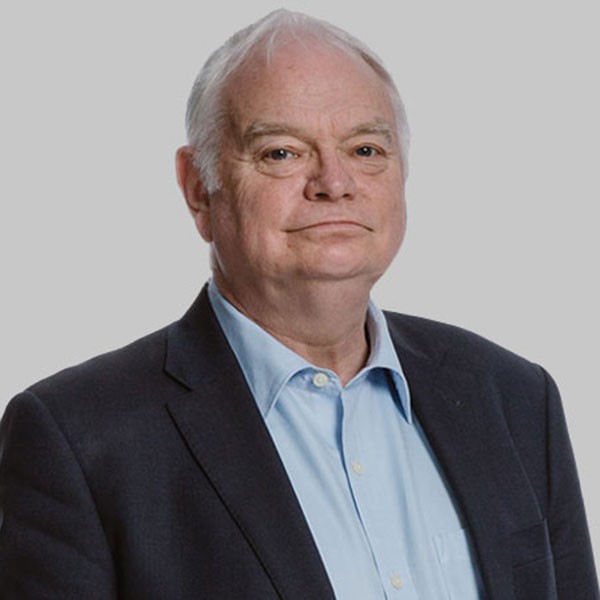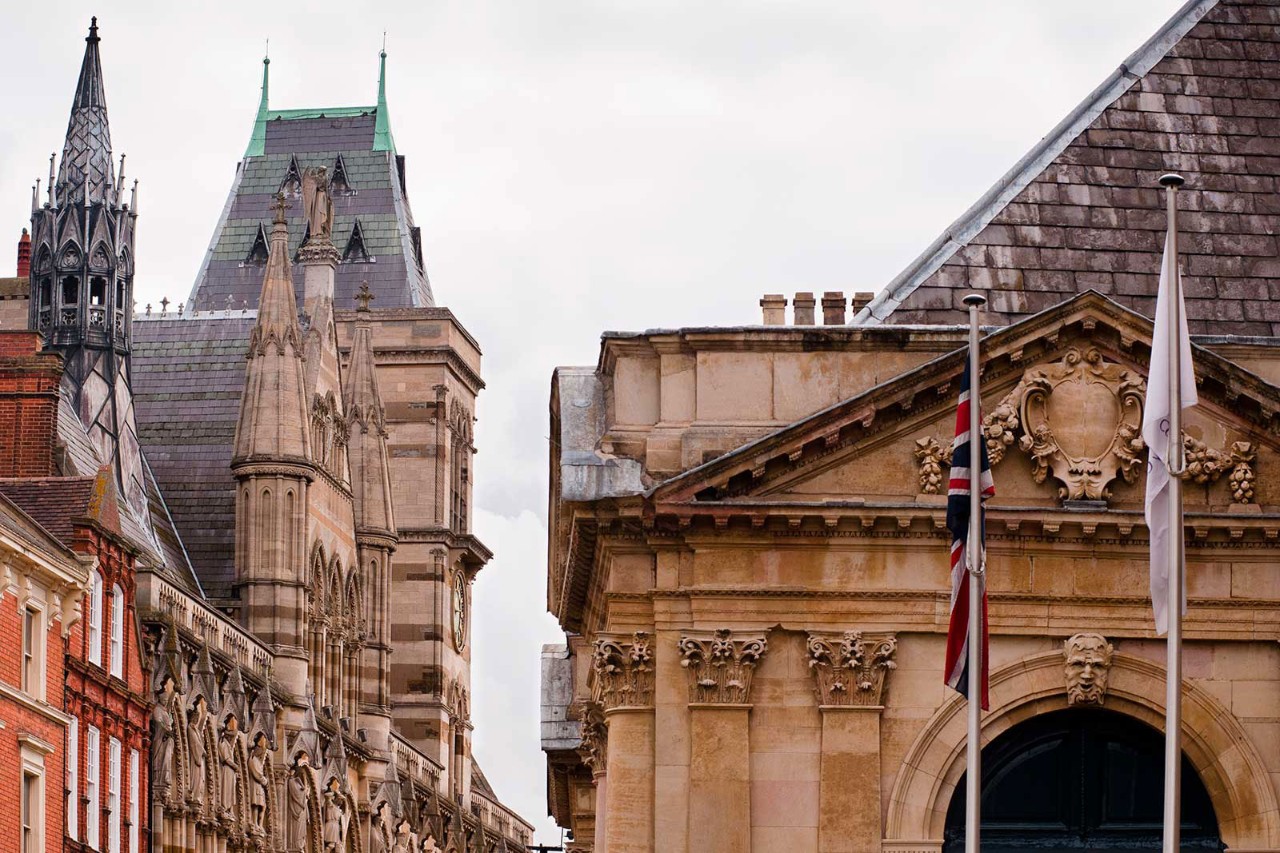
I have been on the metro in Baku, the Azerbaijani capital, only a few times. To those of us used to the domesticity of, say, Oxford Circus Tube station, it is decidedly unnerving.
For a start, the escalators seem to stretch down into infinity. If clouds were to form halfway down you wouldn’t be surprised. The Baku escalators are at least a third of the length again of the very deepest in the London Tube network.
But that is not the most frightening aspect. The escalators have been driven down through the local geology, the thickly oil-bearing rock. If you were to film a 1950s film noir there with a Humphrey Bogart lookalike character striking a match off the rocky wall to light his moll’s cigarette you would fear a mighty ensuing conflagration.
The choice of Baku for the latest COP gathering trying to inch the world along a path to avoid climate disasters not too far up ahead does looked decidedly odd. The place oozes fossil fuels. But increasingly it is political choices rather than climate reduction choices that are at the heart of the COP process. And as a result the grand politics grab the headlines.
Unlike furious politicking, quiet revolutions attract little publicity
Turning the tanker round
But, underneath the noise and the grandstanding, real progress, despite being slow and unspectacular, continues. Even in the US, where climate change and action to reduce global temperatures are routinely derided publicly, change is happening.
Globally there is now twice the amount of investment flowing into clean energy as into fossil fuels. Emissions fell nearly as fast last year as they did during lockdown. And when it is the private sector investing, it is much harder for politicians to alter that course. Unlike furious politicking, quiet revolutions attract little publicity.
The central problem is that slow and steady is not seen as anything like urgent enough to combat climate change. But, politics being the art of the possible, there seems little alternative.
The programmes to ensure the measuring of the effect of climate change still move relentlessly, though slowly, onwards. The process of implementing climate-related financial disclosures has, at the instigation of the Financial Stability Board, been handed over to the IFRS Foundation, the main financial reporting body. And on the eve of the opening of COP 29 in Baku, it issued an update on progress.
Knock-on reporting
The aim, as always, is to encourage companies to show the impact of climate change in their corporate reporting and thus create a knock-on effect of action as a result of the figures shown. And this latest report shows that action is happening – just not remotely at a speed that outsiders would desire.
In other words the number of public companies reporting the relevant information continues to grow, but not fast enough. Some 82% of companies disclosed some information in line with the recommended disclosures, but only 44% reported disclosures of at least five of the recommendations. Just 2–3% reported in line with all 11 recommended disclosures.
We probably need a new ‘enlightened corporate reporting’ system
The report declares: ‘Few companies are disclosing climate-related financial information that provides information about the company’s governance, strategy, risk management, and metrics and targets – especially as it relates to the effect of climate change on their businesses, strategies and financial planning. This lack of information could hinder investors’, lenders’ and other creditors’ ability to assess and price climate-related risks and opportunities.’
Sooner or later, all this will become compulsory. Just not yet. We probably need a new ‘enlightened corporate reporting’ system where the guiding force would be on providing information that maximised the company’s opportunities rather than a miserly ‘as little as possible’ reporting mantra. Rather like those long escalators in Baku, steady progress is probably the safest.




